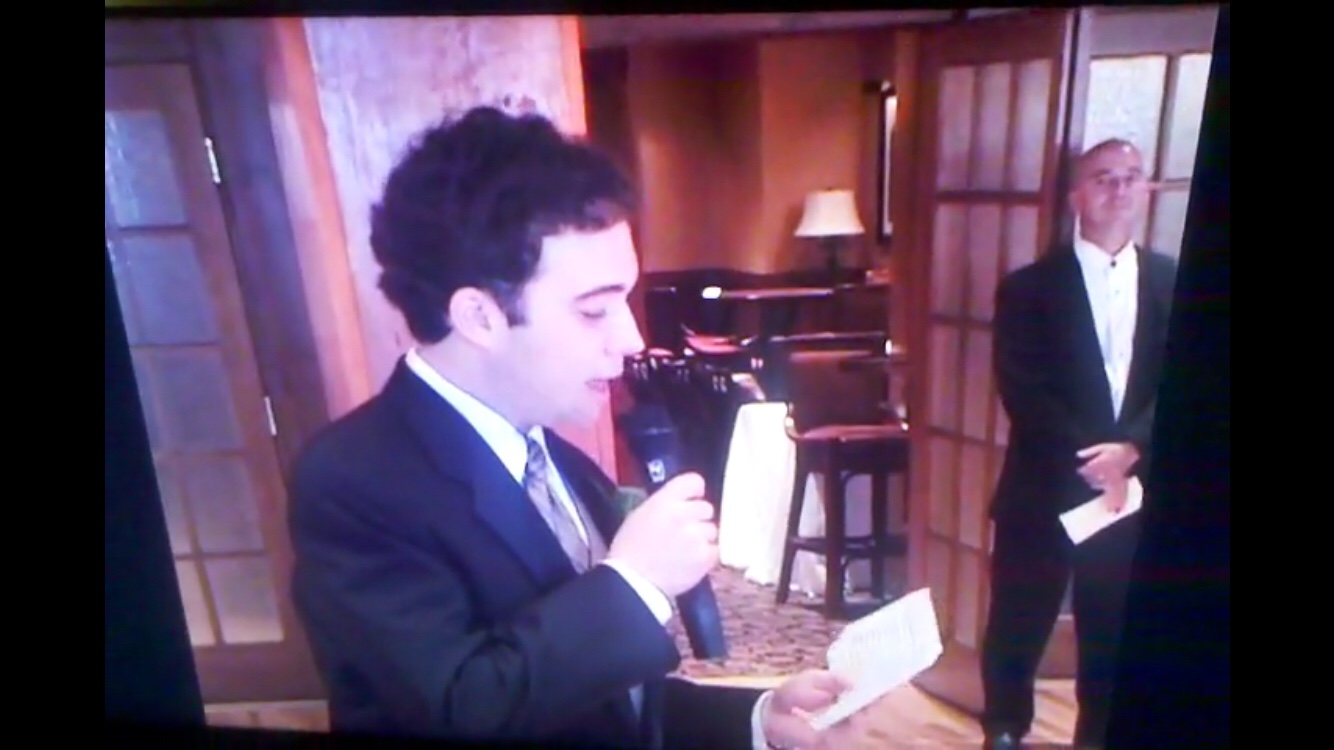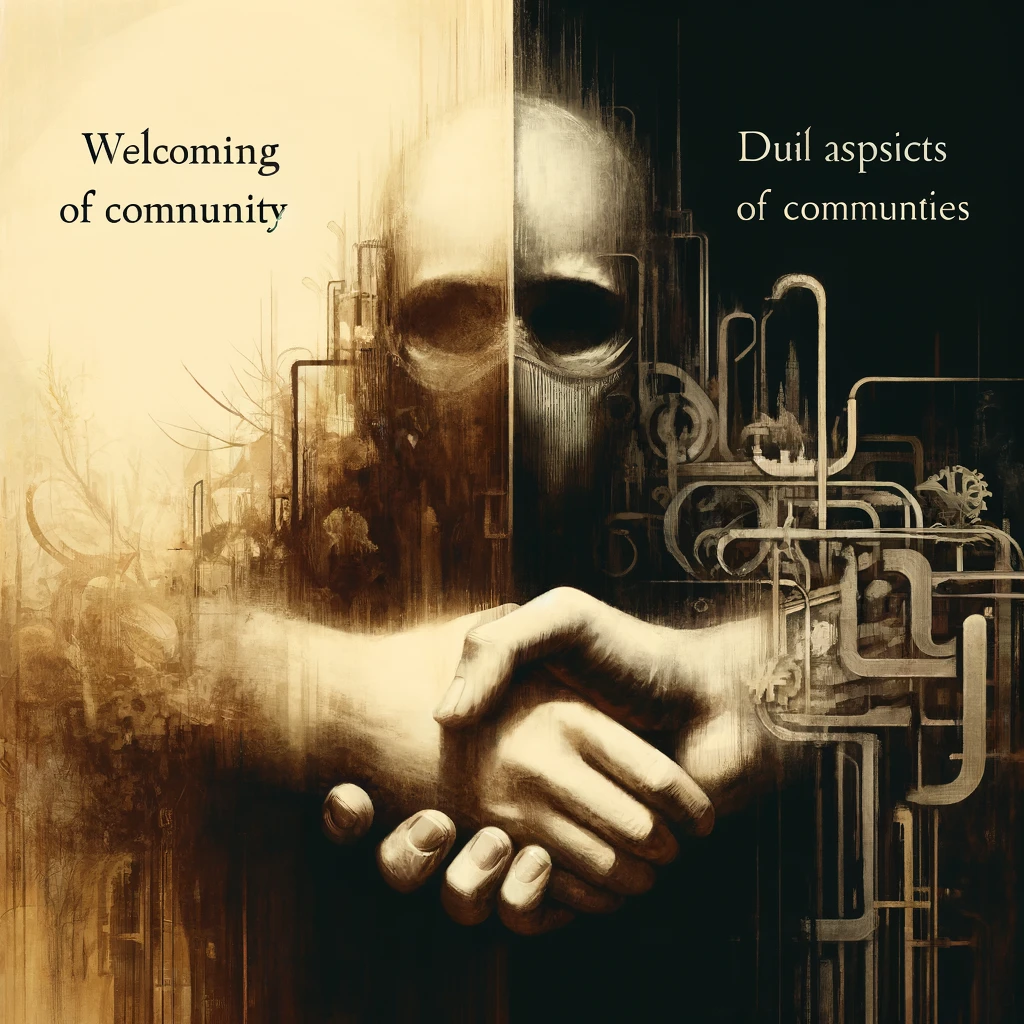Your cart is currently empty!

Addressing Symptoms: Stilted Language, Perseveration, Word Salad
To this day, my speech continues to heal, and I am being more vigilant these days about the quality and content of wording and status of my language.



Anyone who knows me personally or professionally is aware of my love of language. As a person diagnosed with schizophrenia and a lover of language, the road to recovery and symptom stabilization has been difficult and frustrating. Schizophrenia impacts the speech centers and hemispheres of the brain. I passed through several phases of speech problems, some more observable than others.
This article will focus on two common speech-related symptoms people with schizophrenia experience: 1) Stilted language, & 2) Word Salad. I will tie in my own lived experience with these symptoms and my experience treating the disorder as a clinician with experience in chronic disorders and serious and persistent mental illness.
Schizophrenia and psychosis related symptoms worsen over time. When I first began experiencing each of these symptoms I was a college student studying English and Rhetoric. Just to give a little background, I was always a bit pompous even before my schizophrenia symptoms became active. As a student studying English, I also liked to use language that was extraordinary and heightened above the common colloquial of college students and most native English speakers.
When my symptoms began to activate I was preparing for my last year at college and my brother was getting married. As the best man at his wedding, I had the honor of writing the wedding toast. Given my love of language, and already elevated vocabulary, and knowledge of rhetoric from years of study, I wrote then what I thought was a great wedding toast. But upon reflection, and the timing of the activation of my symptoms during my final year of college, I truly believe that my choice of wording and rhetoric was impacted by my symptoms.
The wedding toast is a great example of stilted language. The toast itself was written in the style of Jean-Paul Sartre. At that time, I was very much interested in literary theory and philosophy of language. I had also just finished reading Being and Nothingness and wanted to put theory into practice. The toast talked about my brother’s relationship with his then soon to be a wife and it’s evolution. I thought that their history together would be the perfect material for a toast. So, I talked about how something, that is, their relationship, evolved from nothing or the time before they knew each other. The toast followed this theme and in one great crescendo, I launched into the metaphysics of all of it, their relationship, and how this phenomenon yielded the very wedding I was toasting.
I also remember writing the toast and sitting down reviewing multiple drafts of the toast with my parents before finalizing on the version I read at their wedding. To be quite honest, every memory I have of speaking and using language after the wedding until I was finally hospitalized for full-blown psychosis was stilted and gradually more pompous, flowery, and excessive until ultimately unrecognizable and incoherent.
This is when the word salad emerged and what was a catalog of symptoms activated. By the time I was in the hospital, I couldn’t speak recognizably. Indeed, I suffered a major deficit in language and loss of it altogether as my symptoms worsened. However, the language I was using to communicate was jumbled up, to say the least. The syntax, word order, and sentencing structure of my spoken word “choice” were all over the place. In the hospital, I had a very hard time communicating with staff and even worse, my needs at the time due to these language issues.
There were other speech issues too, as I experienced many of them due to the activating psychosis. Indeed, I was experiencing perseveration and echolalia which is when a patient repeats the language of staff or people around him or her instead of communicating an original message. The worst symptom was the word salad, however, mostly because nobody knew what I was talking about on the unit. Given I have all my clinical records from the unit,
I have gone ahead over the years and reviewed the staff notes, as well as my writing, is done on the unit. I observed a trend and common degradation of language from the time I was first admitted to transferring to the state psychiatric center for unresolved psychosis. As time continued to unfold, and my length of stay increased, symptoms including word salad, and stilted language too, became more intense and more visible in the records, Similarly, my situation on the unit, condition, and prognosis worsened.
Hindsight is twenty-twenty or so the expression goes. Sure, looking back today I can identify these symptoms, chart their frequency and intensity over time, and evaluate my overall condition. But back then, all of this was new and I was working in the unknown. Many people that experience these symptoms from psychosis don’t realize they are even experiencing them. This can be due to the gradual progression and onset which is hard to self-identify in the moment and over time.
Even as a clinician, I can make mistakes in early detection with my patients and the activation of their psychosis symptoms. Certainly, in my case, these symptoms seemed very normal for a while until I was too detached from reality to understand how bad off I was in terms of remaining connected to the world around me. I was disconnected by language, above all, and perception ultimately, which only served to further complicate my capacity to relate with others in a meaningful way. To this day, my speech continues to heal, and I am being more vigilant these days about the quality and content of wording and status of my language.
The Wedding (Excerpt from University on Watch: Crisis in the Academy)





Leave a Reply